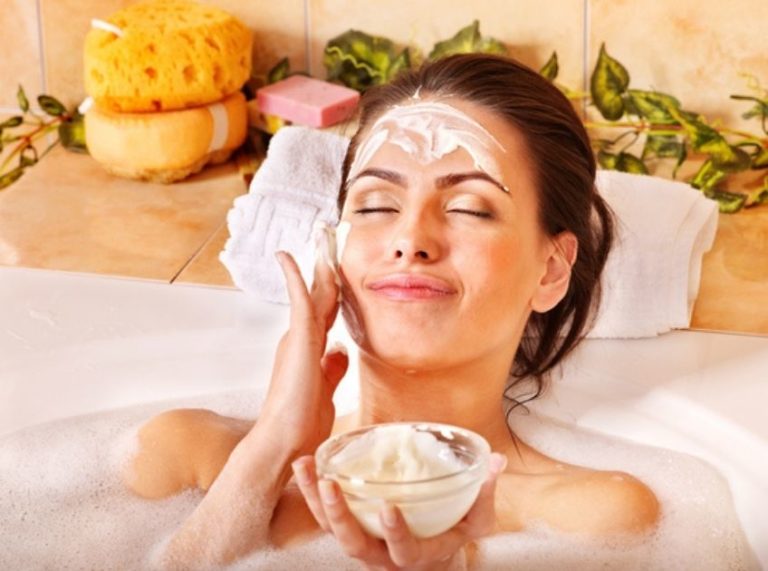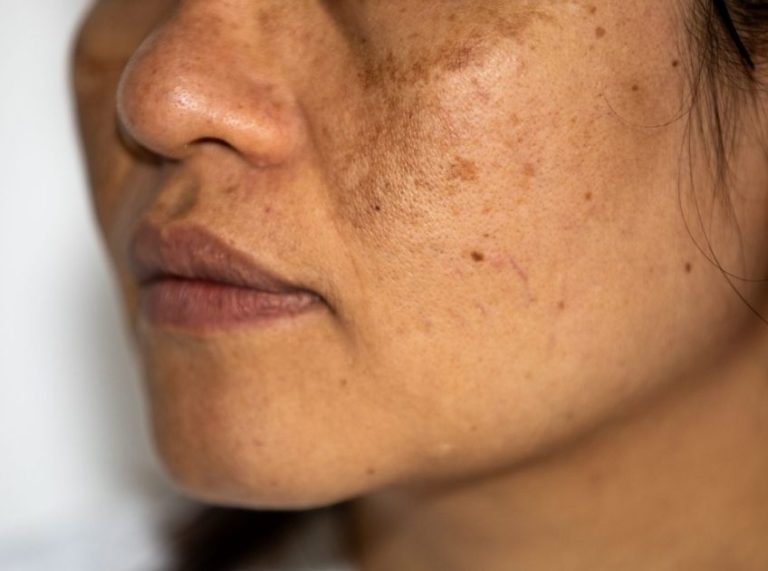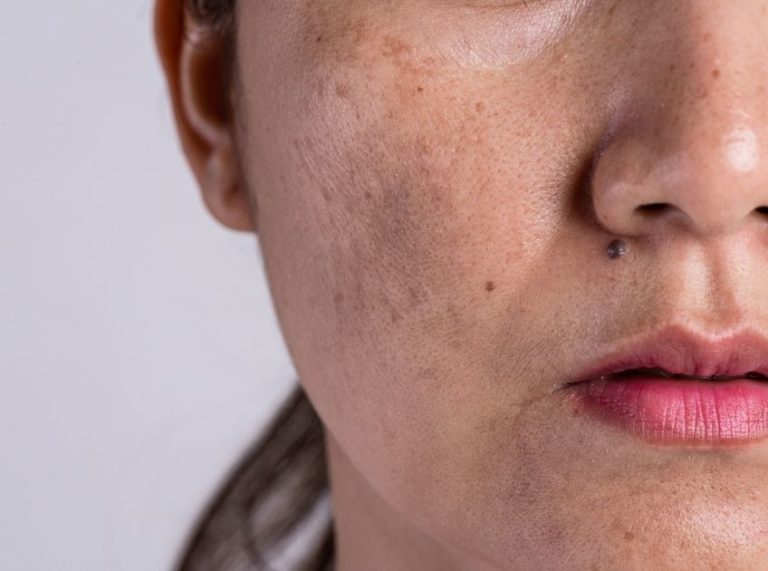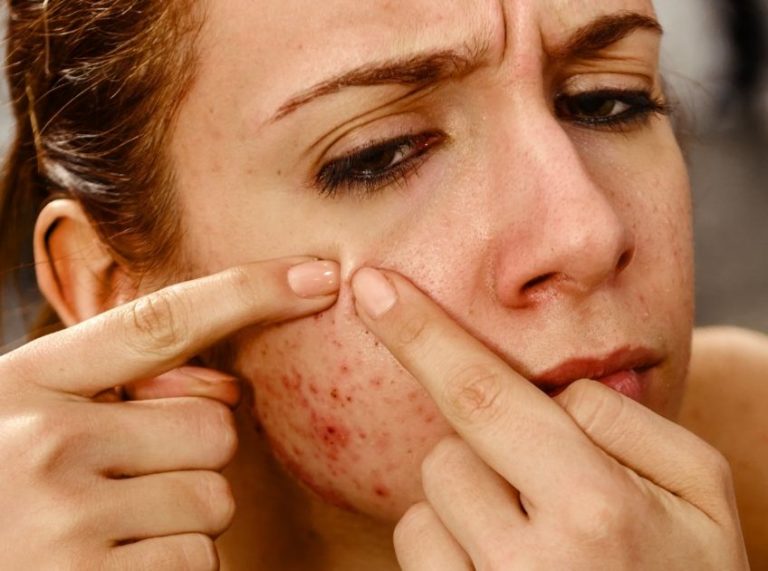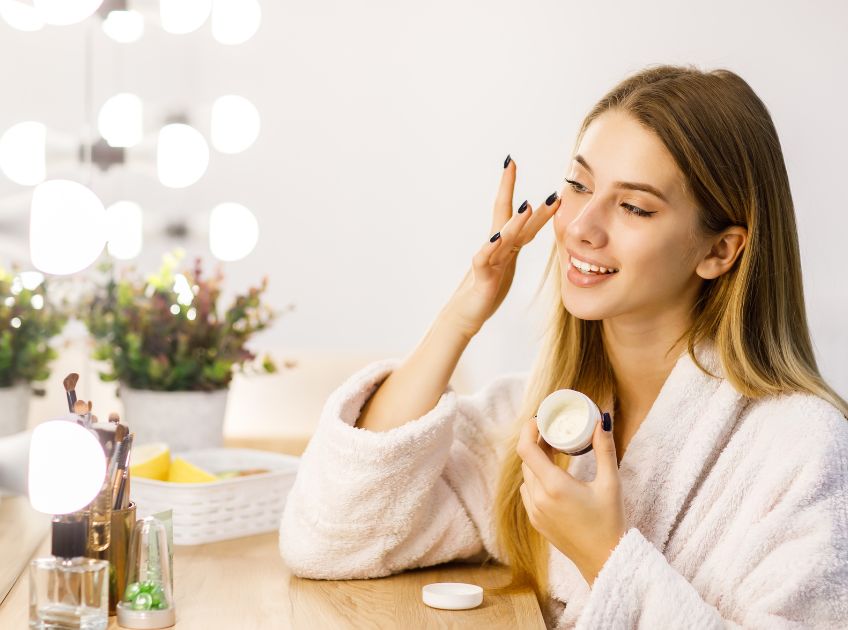
Important: This article is for informational purposes only. Please read our full disclaimer for more details.
Just like your wardrobe, your skincare routine needs to adapt with the seasons. In summer, heat, humidity, and increased sun exposure change how your skin behaves—oily skin gets oilier, dry skin feels more sensitive, and everyone is more prone to sweat, breakouts, and sun damage. Dermatologists agree that certain products that feel nourishing in winter can clog pores, irritate the skin, or make sun sensitivity worse in summer.
Here are the 7 skincare products experts recommend skipping in summer—and the smarter swaps you should make.
7 Skincare Products Experts Always Skip In Summer with Better Alternatives
1. Skip: Heavy Oil-Based Moisturizers
- Use Instead: Neutrogena Hydro Boost Water Gel with Hyaluronic Acid (Buy Here)
- Why Experts Say No: In winter, thick oil-based creams protect against dryness, but in summer, they can feel greasy and suffocating. They often trap sweat and dirt, increasing the risk of clogged pores, blackheads, and breakouts.
- The Better Choice: Water-based moisturizers are feather-light and rely on humectants like hyaluronic acid, which binds water to the skin without heaviness. Studies published in Clinical, Cosmetic and Investigational Dermatology highlight that hyaluronic acid improves skin elasticity and hydration levels while remaining breathable (1).
- Pro Tip: Store your gel moisturizer in the fridge—cool application helps calm inflammation and reduces puffiness.
2. Skip: Harsh Physical Scrubs
- Use Instead: Paula’s Choice Skin Perfecting 2% BHA Liquid Exfoliant (Buy Here)
- Why Experts Say No: Physical scrubs with walnut shells or apricot kernels can create microtears in the skin, which worsen irritation when exposed to the sun and sweat. They also disrupt the skin barrier, making it more prone to redness.
- The Better Choice: A chemical exfoliant like salicylic acid (BHA) gently penetrates pores, removes dead skin cells, and helps prevent acne. According to the Journal of the American Academy of Dermatology, salicylic acid is especially beneficial in humid months since it regulates oil production (2).
- Pro Tip: Limit BHA use to 2–3 times per week in summer to avoid over-exfoliation, which can make skin more sun-sensitive.
3. Skip: Thick, Creamy Sunscreens
- Use Instead: EltaMD UV Clear Broad-Spectrum SPF 46 (Buy Here)
- Why Experts Say No: Sunscreen is essential year-round, but thick, greasy formulas often clog pores and cause “summer acne.” They can also feel sticky under makeup.
- The Better Choice: Lightweight, gel-based, or mineral sunscreens with niacinamide and zinc oxide are dermatologists’ favorites. Niacinamide calms redness and regulates oil, while zinc oxide provides broad-spectrum UVA/UVB protection without irritation. Clinical studies show niacinamide reduces sebum production, making it ideal for hot weather (3).
- Pro Tip: Reapply sunscreen every 2–3 hours, especially if you’re outdoors or sweating. Powder SPF can be used over makeup for easy touch-ups.
4. Skip: Heavy Foundation or Cream Makeup
- Use Instead: IT Cosmetics CC+ Cream Oil-Free Matte SPF 40 (Buy Here)
- Why Experts Say No: Traditional foundations in hot climates often melt, cake, and clog pores. This not only looks uneven but can also trap bacteria, leading to breakouts.
- The Better Choice: Tinted moisturizers or CC creams with SPF combine skincare and makeup in one step. They’re lighter, breathable, and provide sun protection. A study in Dermatologic Therapy highlights the importance of reducing product layering in summer to minimize skin stress (4).
- Pro Tip: Apply with a damp beauty sponge for a natural finish and set lightly with a translucent powder to control shine.
5. Skip: Retinol During Daytime
- Use Instead: La Roche-Posay Pure Vitamin C Face Serum (Buy Here)
- Why Experts Say No: Retinol is a powerhouse anti-aging ingredient, but it makes the skin more sensitive to sunlight. Using it during the day can trigger redness, peeling, and even hyperpigmentation.
- The Better Choice: Switch to Vitamin C serum in the morning. It fights oxidative stress from UV rays, boosts collagen production, and brightens dull skin. Research in the Nutrients Journal supports Vitamin C’s role in neutralizing free radicals caused by sun exposure (5).
- Pro Tip: Use Vitamin C under sunscreen—it boosts SPF effectiveness for double protection.
6. Skip: Petroleum Jelly on Face
- Use Instead: CeraVe Healing Ointment with Hyaluronic Acid & Ceramides (Buy Here)
- Why Experts Say No: While Vaseline is a great occlusive, it’s too heavy for the face in summer. On hot days, it traps sweat, bacteria, and oils, which can clog pores and worsen acne.
- The Better Choice: Lightweight barrier creams with ceramides help restore and protect the skin without smothering it. According to dermatology studies, ceramides strengthen the skin barrier and improve hydration balance, which is crucial during summer heat (6).
- Pro Tip: Use petroleum jelly sparingly on small dry patches (like elbows or heels), not your whole face.
7. Skip: Strong Alcohol-Based Toners
- Use Instead: Thayers Alcohol-Free Witch Hazel Toner with Aloe Vera (Buy Here)
- Why Experts Say No: Many old-school toners are packed with high levels of alcohol, which strip away natural oils. This leads to overcompensation, where the skin produces even more oil, making summer shine worse.
- The Better Choice: Gentle toners with witch hazel and aloe vera balance oil production, tighten pores, and calm skin without overdrying. Aloe vera’s anti-inflammatory properties are well-documented in Phytotherapy Research, making it perfect for soothing sun-exposed skin (7).
- Pro Tip: Keep your toner in the fridge and apply with a cotton pad for a refreshing, pore-tightening boost on hot days.
Frequently Asked Questions (FAQ’S)
1. Can I still use retinol in summer?
A. Yes, but only at night and always paired with sunscreen in the day. Retinol increases sun sensitivity, so daily SPF is non-negotiable.
2. Do I need moisturizer in humid weather?
A. Yes! Even oily skin needs hydration. The key is choosing lightweight, gel-based moisturizers instead of heavy creams.
3. Is it okay to exfoliate more often in summer?
A. No. Over-exfoliation can strip skin, making it more sensitive to UV rays. Stick to 1–2 times per week with gentle exfoliants.
Final Thoughts
Summer skincare is all about lightweight hydration, sun protection, and gentle care. Experts skip products that clog pores, irritate skin, or worsen sun sensitivity, and instead choose lighter, smarter alternatives. With the right swaps—hydrating gels, chemical exfoliants, antioxidant serums, and breathable sunscreens—you can keep your skin glowing, healthy, and protected all summer long.
